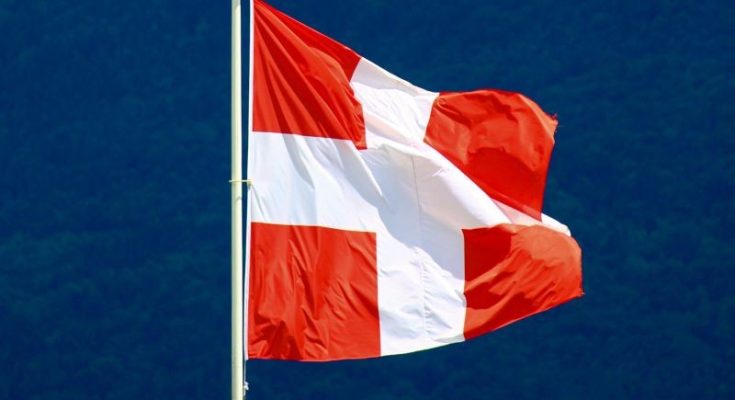#Switzerland#India#MostFavouredNation#.
New Delhi/IBNS-CMEDIA: Following Supreme Court of India’s ruling on the Nestle case in 2023, Switzerland has revoked the country’s ‘Most Favoured Nation’ (MFN) status that was accorded to New Delhi under the Double Taxation Avoidance Agreement (DTAA) treaty.
Switzerland’s move marks an important shift in bilateral relationships, which will leave a big impact on Indian companies operating in Switzerland as well as the Swiss investments in India.
In its official statement on December 11, the Swiss finance department cited the Supreme Court of India’s 2023 ruling behind its decision to remove India’s MFN status.
In its order, the Supreme Court had said that the MFN clause between two nations does not apply automatically when a country joins the Organisation for Economic Co-operation and Development (OECD), especially when the Indian government already had a prior tax treaty with that country before joining the grouping, NDTV reported.
Headquartered in Paris, the OECD was established in 1961 and is known as a forum and knowledge hub for data, analysis, and best practices in public policy to build stronger, fairer, and cleaner societies – helping to shape better policies for better lives.
It works closely with policymakers, stakeholders, and citizens to establish evidence-based international standards and to find solutions to social, economic and environmental challenges.
India had signed tax agreements with Lithuania and Colombia under which the tax rates on certain types of income were lower than the rates it provided to OECD countries. Both countries later joined the OECD.
Under the OECD, the MFN clause is that one country obligates itself to its treaty partner with regard to offering it a ‘more favourable’ tax treatment.
Switzerland, hence, considered that after Colombia and Lithuania joined the OECD, it would mean that a 5 percent rate for dividends would apply to the India-Switzerland tax treaty under the MFN clause, instead of the 10 percent that was mentioned in it.
However, the Supreme Court observed that the MFN clause between two nations does not apply automatically when a country joins the OECD and that the prior tax treaty takes precedence unless the MFN clause is specifically mentioned in a ‘notification’ in accordance with Section 90 of the Income Tax Act.
What was the Nestle case?
According to the statement by Switzerland’s finance department, in 2021, the Delhi High Court while hearing the case against Nestle, upheld the application of the residual tax rates taking into consideration the MFN clause under the Double Taxation Avoidance Agreement.
This was in line with how Switzerland wanted it.
However, in a ruling dated October 19, 2023, the Supreme Court reversed the high court’s judgement and said the MFN clause would not apply automatically.
The Indian apex court’s ruling impacted Nestle and in turn, went against what Switzerland was expecting.





